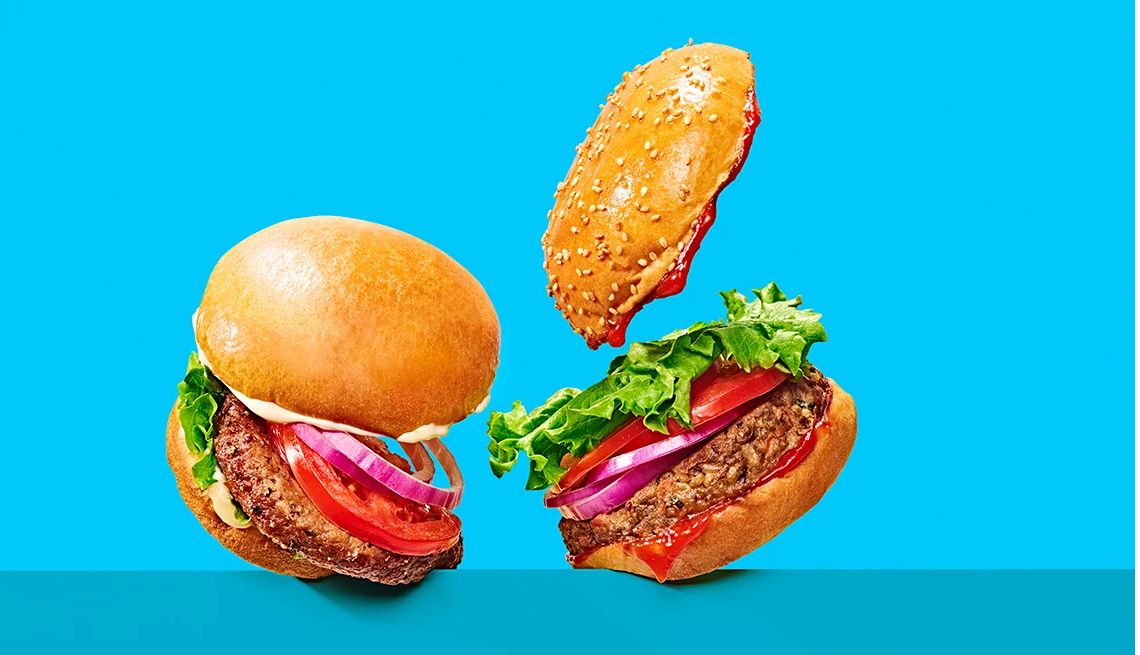
- Select a language for the TTS:
- UK English Female
- UK English Male
- US English Female
- US English Male
- Australian Female
- Australian Male
- Language selected: (auto detect) - EN
Play all audios:
ATLANTIC SALMON VS. TUNA We normally think of fat as a bad thing. But when it comes to fish, the fat is the good stuff. “The omega-3 fatty acids found in fish help prevent cognitive decline
in older adults,” says Poon, and those healthy fats are abundant in both salmon and tuna. But fat is also where fish accumulate toxins like mercury, a pollutant that can reach concerning
concentrations in large predator fish like tuna, marlin and bluefish, according to the Natural Resources Defense Council (NRDC). “If you do eat tuna or other large fish, it is recommended to
do so in moderation,” says Poon. _WINNER: ATLANTIC SALMON_ Atlantic salmon is the clear winner in this battle of the big fish. However, if you do decide on the tuna, Palinski-Wade
recommends opting for pole- and line-caught varieties, since they tend to be younger and smaller and they typically contain less mercury. “Look at options: canned in water and those labeled
‘low sodium’ or ‘no salt added,’ when possible,” she says. (For more information on seafood sustainability, consult NRDC.org or seafoodwatch.org.) Photographs by Ted Cavanaugh (Food stylist:
Tyna Hoang; prop stylist: Maya Rossi) ALMOND, OAT AND SOY MILK VS. DAIRY MILK Giving up dairy also means giving up the protein and calcium that come with it. And milk alternatives often
can’t replace those crucial nutrients. Among common plant-based milks, soy milk contains the most protein, followed by oat milk and then almond milk, Poon says. Soy milk also contains
phytoestrogens, natural compounds that may help support cognitive function in older adults and may be linked to lowering the risk of some cancers. But read the label: Is that milk substitute
fortified with calcium and vitamin D? Does it have added sugars? How about ingredients like carrageenan, which is added for texture but can cause digestive upset in some people? There are
so many choices, but one best option. _WINNER: COW’S MILK_ When it comes to the nutritional needs of older adults, protein is paramount, advises Mark Tarnopolsky, M.D., director of the
neuromuscularlar and neurometabolic clinic at McMaster University Medical Center in Hamilton, Ontario. For those who can’t tolerate dairy, soy is the next best best choice. Photographs by
Ted Cavanaugh (Food stylist: Tyna Hoang; prop stylist: Maya Rossi) POMEGRANATE VS. GOJI BERRIES Gojis are high in the carotenoid zeaxanthin, which may protect against macular degeneration.
They also contain melatonin, which supports sleep. Pomegranate seeds are high in vitamin C, fiber and other nutrients that give them cardioprotective, anti-inflammatory, antioxidant and
anticarcinogenic properties, says Poon. It’s really a taste preference: Pomegranate is a little sweeter than tart goji berries. But is one better than the other? _WINNER: IT’S A DRAW!_
You’re best served by eating a variety of different fruits, including gojis and pomegranate. “Both are packed with vitamins, minerals and antioxidants. You can’t go wrong with either, fresh
or dried,” says Palinski-Wade, who advises aiming for about a quarter cup a day of each.






